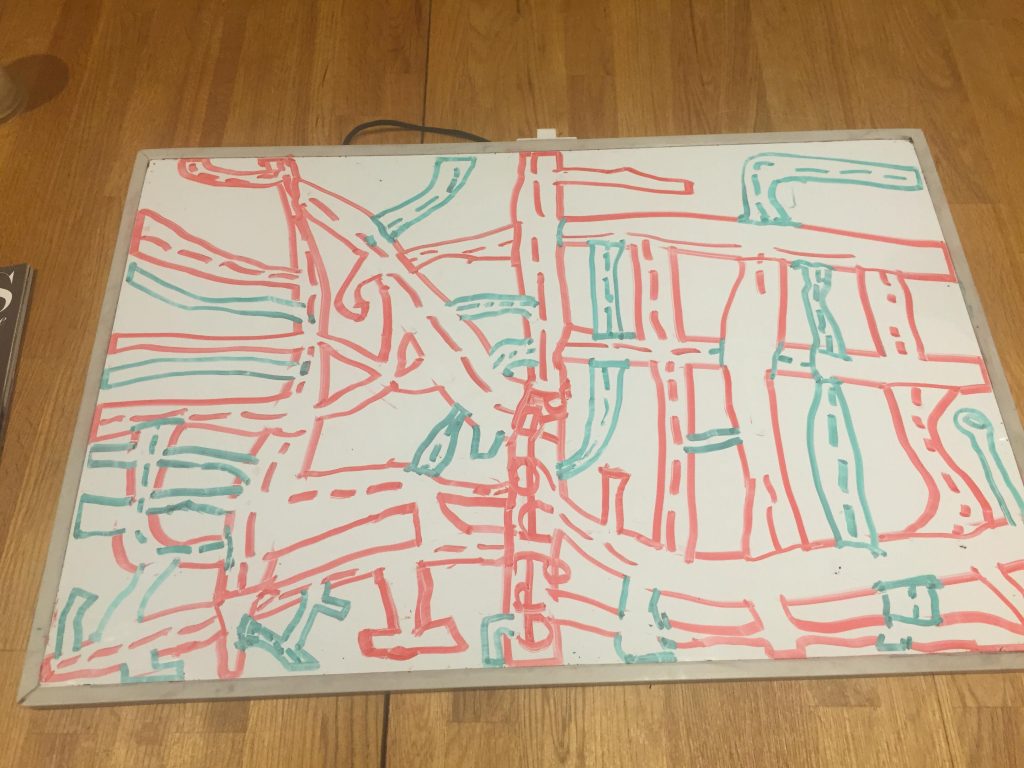It’s very difficult, almost impossible, to believe that children, left to their own devices, will learn anything. Partly because most of us have been ‘educated’ in conventional ways, with a mixture of bribery and punishment to get us to learn, we feel ‘instinctively’ that without some sort of framework, or curriculum, children will learn nothing, or just concentrate on the things that they enjoy. Our education system which divides children into ‘artists’ and ‘scientists’ at the age of 16 exacerbates and enhances this. Despite evidence that maths and music are two sides of one coin, we assume that anyone ‘creative’ will be terrible at science – an old advertising boss even extended this to a bizarre assumption that creatives were unable to tell the time, and couldn’t be expected to get to work by 9.30, unlike us mundane account handlers…

My seven year old son is autistic, he’s high functioning (what used to be called Aspergers Syndrome). Since babyhood he has demonstrated a remarkable capacity for concentration on the things that fascinated him. He used to play with wire toys for hours, pushing beads along; as he aged this pleasure in moving objects was transferred to trains, and transport in general. At the moment his great passion and delight is buses. He spends hours poring over maps, bus timetables, books about buses, watching videos of buses, making films of buses, drawing his own bus maps.

So all buses, yes?
Well yes and no (though it sometimes feels like it).
It’s superficially all about buses, but dig a bit deeper and you can see that, through the medium of buses, he’s learning lots of other things. He is learning human geography and cartography. Literacy. Telling the time. Local history. Filmmaking. He memorises bus routes and can tell you how to get from A-B with complete confidence. Buses (and transport generally) are a jumping off point; we’ve watched videos of trains around the world which opens up conversations about different countries; Top Trumps trains help with reading.
Even in mainstream schools, there are attempts to make the curriculum more holistic, so that all subject areas feed into the termly ‘topic’. In an ideal world, where children are absorbed in what they are doing, they wouldn’t be asked to stop and do something else. I’m sure everyone has had that experience of being so focused and on task that you forget to go to the loo or have lunch. That focus, that concentration, that state of utter absorption, that is where learning ‘sticks’. And that is what East Kent Sudbury School offers our children, all day every day.
